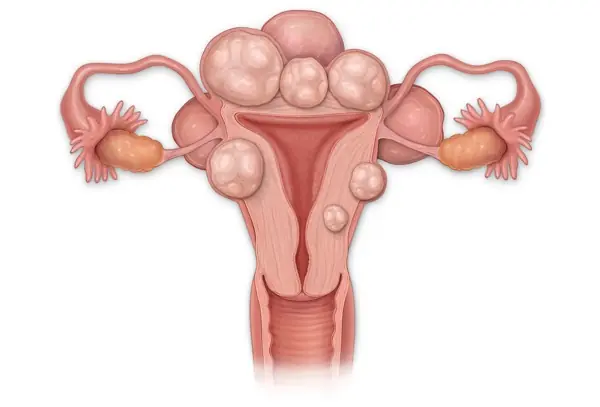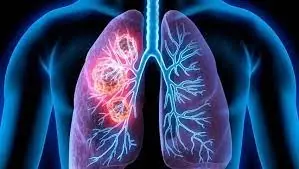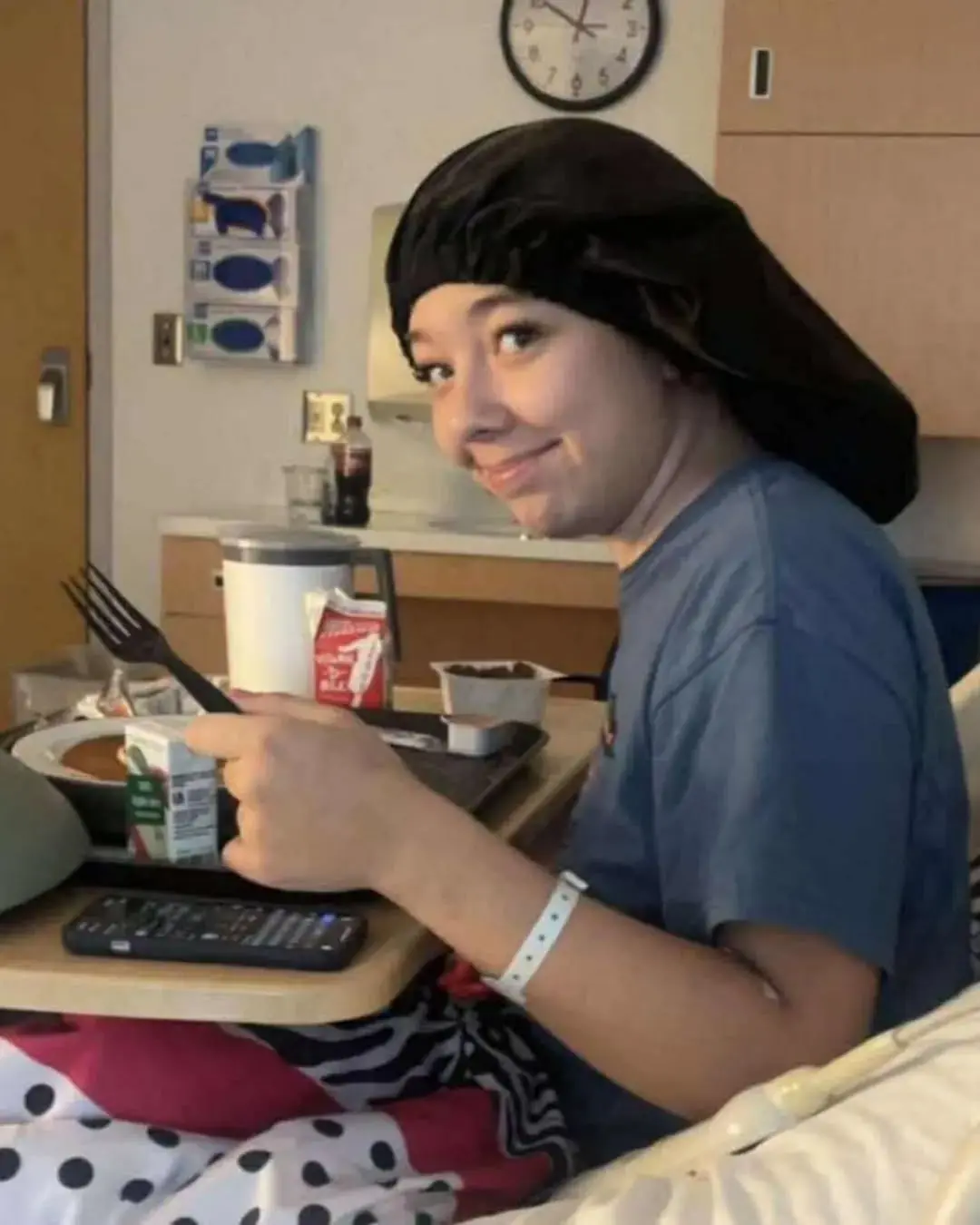
8 Sh0cking Toilet Clues That Could Signal Canc3r: Don’t Ignore Them!
Most cancers in their early stages are painless and difficult to detect. That’s why staying aware of subtle changes in your body is so important. Among the many overlooked indicators, our daily bathroom habits—particularly changes in stool and urine—can be some of the most revealing clues. These natural processes often reflect what’s happening inside your body long before other symptoms emerge.
A Personal Wake-Up Call
Take, for example, a relative of mine who recently noticed something odd. His stool consistently appeared greasy and floated in the toilet, refusing to flush away easily. He initially dismissed it as a minor digestive upset or something he had eaten. But when the symptoms persisted, he decided to get a medical checkup. To everyone’s surprise, he was diagnosed with early-stage pancreatic cancer. Because the cancer was caught early, he now has a much better chance of recovery.
This experience serves as a powerful reminder: subtle, persistent changes in your bathroom routine should never be ignored. Paying attention might not just improve your health—it could actually save your life.
Why Stool and Urine Offer Clues to Internal Health
Medical professionals—including those at Cancer Research UK—highlight the diagnostic value of unusual bowel and urinary changes. For example:
-
Pale, oily, or floating stools may point to fat malabsorption, often due to a blocked pancreatic or bile duct.
-
Black, dark red, or tarry stools could suggest bleeding in the upper or lower digestive tract, a potential sign of stomach or colon cancer.
-
Changes in urine color, clarity, or smell may indicate issues with the kidneys, liver, bladder, or even prostate.
Our digestive and urinary systems are highly sensitive to internal disturbances. When something goes wrong—such as a tumor blocking a duct or an organ under stress—these changes often manifest in stool or urine long before pain or other symptoms develop.
Bathroom Clues You Should Never Overlook
Understanding what’s normal for your body is the first step. But certain signs are widely recognized as potential red flags:
🚽 Stool Changes:
-
Greasy, floating stool – Could signal pancreatic cancer or chronic pancreatitis due to fat not being properly absorbed.
-
Pale or clay-colored stool with foul odor – May suggest a blocked bile duct, possibly linked to liver or gallbladder issues.
-
Dark brown or maroon stool – Could indicate internal bleeding in the colon, or inflammatory bowel disease.
-
Black or tarry stool – Often points to stomach ulcers or upper GI bleeding, which can sometimes result from cancer.
-
Red stool – While sometimes due to red-colored foods, it can also be a symptom of hemorrhoids or colorectal cancer.
💧 Urine Changes:
-
Foamy or bubbly urine – Could reflect high levels of protein in urine, which may signal kidney disease or even kidney cancer.
-
Brown or tea-colored urine – Might suggest liver damage, bile duct obstruction, or gallbladder disease.
-
Bloody urine (hematuria) – A potential warning sign of bladder cancer, kidney stones, or urinary tract tumors.
-
Pain or burning during urination – Could indicate a urinary tract infection, kidney problems, or prostate issues in men.
Don’t Wait—Why Early Action Matters
According to the American Cancer Society, changes in bowel movements—such as persistent constipation, chronic diarrhea, unexplained abdominal discomfort, or sudden weight loss—should never be brushed off. Even younger individuals are not immune. In fact, recent data shows rising rates of colorectal cancer in people under 50, partly because early signs are too often dismissed or misattributed to lifestyle stress.
Waiting too long could allow the disease to progress silently to an advanced stage, significantly reducing treatment success rates. That’s why doctors consistently emphasize the importance of early detection and routine health monitoring—even if you're feeling otherwise healthy.
Your Bathroom Routine: A Built-in Daily Health Check
It might seem odd to scrutinize your stool or urine, but your body uses these systems to send messages about your internal condition. If you notice unusual, persistent changes in color, smell, shape, or frequency—don’t ignore them. These signs can offer the earliest clues that something may be wrong.
Timely medical evaluation not only brings peace of mind but can also lead to early treatment, improving your chances of recovery and long-term health.
Disclaimer: This article is for informational purposes only and should not replace professional medical advice. Always consult with your healthcare provider if you notice any persistent or unexplained health changes.
News in the same category


The Silent Threat: Recognizing Early Signs of Kidney Disease and Lifestyle Prevention

Baking Soda (Bicarbonate of Soda): Uses and Benefits (Science Based)

Benefits of Walking: Why Walking is One of the Best Forms of Exercise 🚶♀️

If you have leg cramps at night, it means you have..

Sarcopenia: Why do we lose muscle and how to fix it?

Top 11 Nutrients To Destroy Cancer Stem Cells

Thinking of drinking baking soda? Read this first for the truth!

Forget aspirin—this everyday fruit can help protect you from stroke and heart attack

14 Warning Signs Your Body Is Running Low on Magnesium and How to Get It

7 Early Signs of Uterine Fibroids Too Many Women Ignore

7 Early Signs and Symptoms of Lung Cancer You Should Never Ignore

High Blood Sugar Warning Signs

Eat 2 Eggs Every Morning and Feel These Powerful Health Effects Take Over Your Body

Avocado Power: The Scientifically Proven Health Benefits of the Fruit (and the Seed!)

One Vitamin That Could Transform Your Circulation: Niacin (Vitamin B3)

Body Suddenly Jerks While You’re Falling Asleep? This Is What It Means

pH Balance and Your Health: Signs of Acidosis and How to Alkalize

Pineapple And Turmeric Drink Reverses Cancer-Causing Inflammation And Even Beats The Common Cold!
News Post

Jennifer Hudson Champions Musical Inclusivity Amid Super Bowl Language Debate

Jennifer Hudson Cheers on Bad Bunny’s Super Bowl Swagger — and Starts Learning Spanish Herself

Charli XCX shares cryptic video after Taylor Swift’s ‘Actually Romantic’ diss

NY authorities clamp down on liquor store openings citywide as booze demand plummets

Desperate rescue effort underway to save hundreds of hikers stuck on Mount Everest after snowstorm

Six signs you may be a functioning alcoholic according to doctor

Pineapple Water: A Refreshing Drink That Supports Your Health

The Silent Threat: Recognizing Early Signs of Kidney Disease and Lifestyle Prevention

A Heartwarming Encounter: A Child’s Innocence and the Power of Love.

The Stranger Who Stopped: How One Man’s Compassion Saved a Life on a Busy Georgia Road

Baking Soda (Bicarbonate of Soda): Uses and Benefits (Science Based)

A Father’s Day Gift Like No Other: A Daughter’s Kidney, A Father’s Second Chance

Benefits of Walking: Why Walking is One of the Best Forms of Exercise 🚶♀️

Maliyah’s Fight: A Fifteen-Year-Old Cheerleader Battling Stage 4 Cancer With Courage and Faith

No Cake, No Balloons: A Firefighter’s Quiet Birthday of Purpose and Service

Orangutan Secretly Watches Over Woman During Jungle Survival Challenge

“The Stranger on a Plane: How One Man’s Kindness Gave a Mother the Gift of Rest”

A Little Fighter’s Final Victory: Remembering Bryson’s 1,027-Day Battle

A Match Made in Dog Heaven: A Toddler and Her Puppy Who Share a Special Bond
